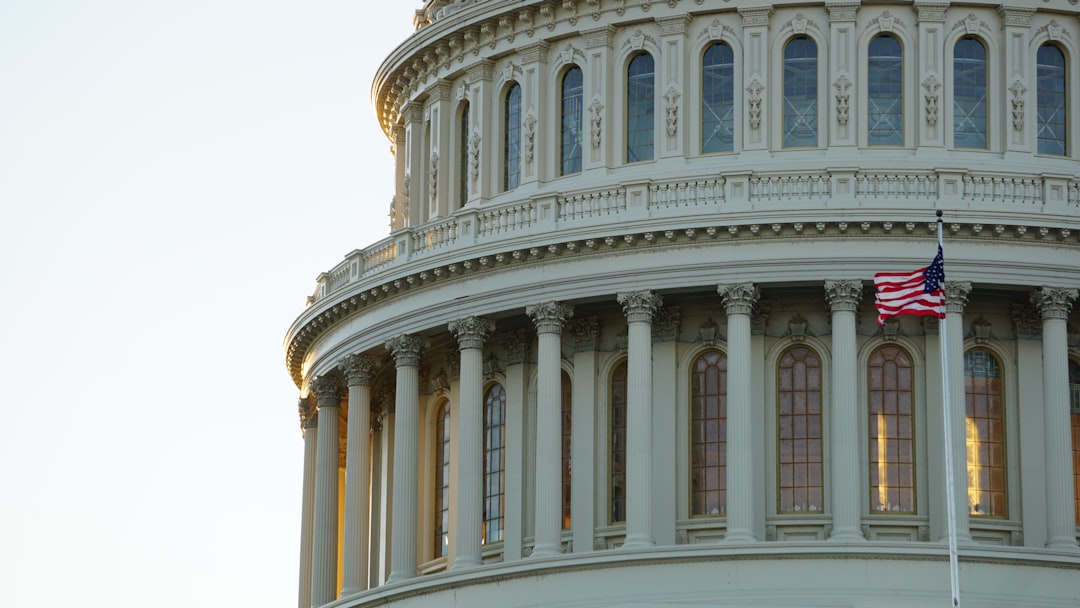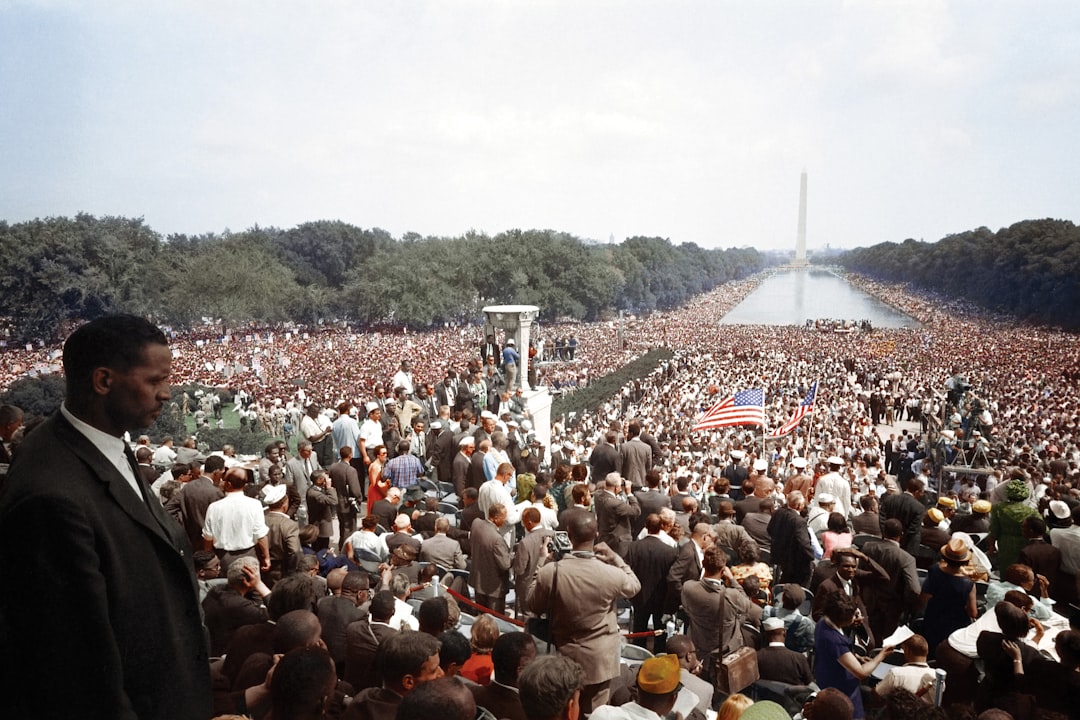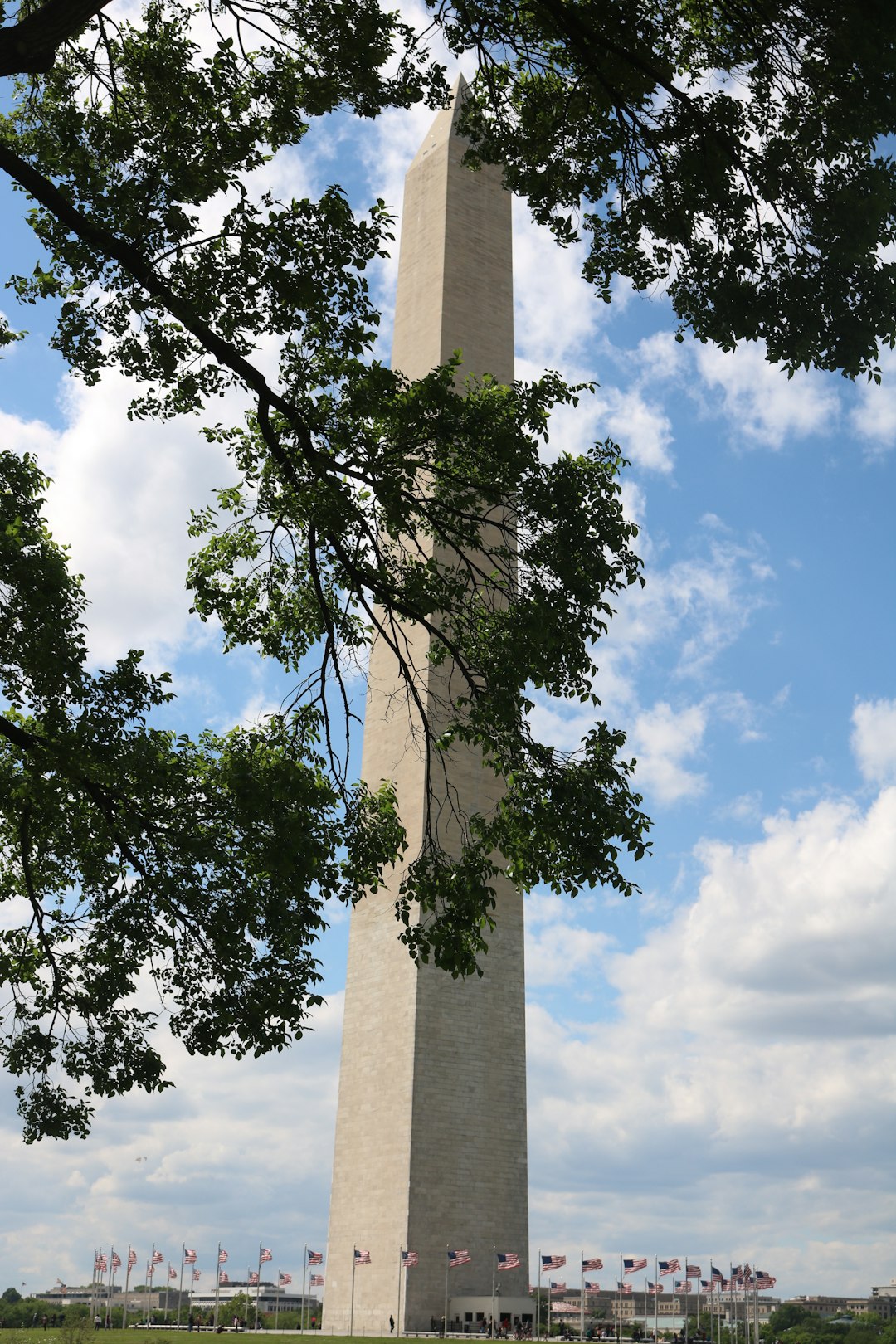In Washington D.C., adhering to local spam call laws is critical to avoid fines and legal issues. The Consumer Protection Act strictly regulates unsolicited text messages, requiring explicit consent for promotional SMS marketing, with help from a specialized Spam Call law firm DC. DC's stringent texting regulations, enforced by such firms, position it as a leader in digital age consumer protection, setting standards for other states combating unwanted text messages. Despite strict rules, D.C. aligns with national efforts to balance consumer safety and the evolving digital landscape. Law firms managing multiple jurisdictions with diverse spam call laws must implement robust tracking systems to respect consumer choices while navigating complex regulations.
“In the digital age, understanding local regulations on texting and calling practices is paramount, especially for law firms navigating multiple jurisdictions. This article offers a comprehensive analysis of DC’s Spam Call laws and compares them with state-level regulations nationwide. We explore key differences and similarities in texting/calling behaviors while shedding light on implications for law firms operating in diverse legal landscapes. By delving into these insights, businesses can ensure compliance and enhance their strategic decision-making.”
Understanding DC's Spam Call Laws: A Comprehensive Overview

In the District of Columbia, understanding and adhering to the local Spam Call laws is paramount for businesses and individuals alike. These regulations are designed to protect residents from unwanted and deceptive communication, particularly regarding telemarketing and text messaging. A DC spam call law firm can provide invaluable guidance on navigating these complex rules, ensuring compliance, and mitigating potential legal repercussions.
The District’s Consumer Protection Act includes stringent provisions against unsolicited text messages, often referred to as ‘spam texts’. Businesses must obtain explicit consent from recipients before sending promotional or advertising messages via SMS. Any violation of these guidelines can result in substantial fines. A law firm specializing in DC spam call laws can offer tailored advice, helping businesses craft effective marketing strategies while respecting residents’ privacy and rights.
Comparison with State-Level Regulations Across the Country

In comparing DC’s texting laws to those of other states, it becomes evident that Washington D.C. has implemented stringent regulations aimed at combating unwanted text messages, or spam calls as they’re commonly known. The District’s Consumer Protection Act includes provisions specifically targeting SMS marketing, requiring businesses to obtain explicit consent from recipients before sending promotional texts. This stands in contrast to many states with more lenient guidelines, where silent or automated texts are largely unregulated.
DC’s approach aligns with a growing trend across the country towards consumer protection in the digital age. Several states have enacted similar spam call laws, recognizing the need for oversight as communication technology evolves. However, DC’s law firm-focused enforcement and stricter consent requirements set it apart, making it a model for effective anti-spam measures.
Key Differences and Similarities in Texting/Calling Practices

In terms of texting and calling practices, Washington D.C. stands out for its stringent regulations aimed at curbing spam calls and protecting residents from unwanted communications. The Spam Call law firm DC has played a significant role in shaping these policies. One key difference is the strict enforcement of do-not-call lists; violators face substantial fines, unlike many other states where such violations may result in milder penalties. This aggressive approach reflects D.C.’s commitment to empowering residents over their communication choices.
Despite these stringent rules, there are similarities with other states. For instance, the general prohibition on texting while driving is a common thread across jurisdictions, underscoring the need for road safety. Additionally, many states, including D.C., have provisions for consent and opt-out mechanisms in marketing texts, giving individuals control over their communication preferences. These shared principles highlight a broader national effort to balance consumer protection with the evolving digital landscape.
Implications for Law Firms Operating in Multiple Jurisdictions

Law firms operating across multiple jurisdictions, including DC and other states with varying texting laws, face a complex landscape. Understanding and adhering to each state’s regulations is essential to avoid legal pitfalls and maintain client relationships. In DC, for instance, the strict anti-spam call laws require consent before sending text messages for marketing purposes, differing from more lenient approaches in some neighboring states.
Firms must implement robust systems to track and manage consent preferences across regions, ensuring compliance while also respecting consumer choices. Failure to do so could result in costly fines and damage to their reputation, especially with the increasing scrutiny on data privacy and consumer protection, particularly in the context of Spam Call law firm DC.






